UAE and Turkey Strengthen Ties Through Strategic Regional Diplomacy Call
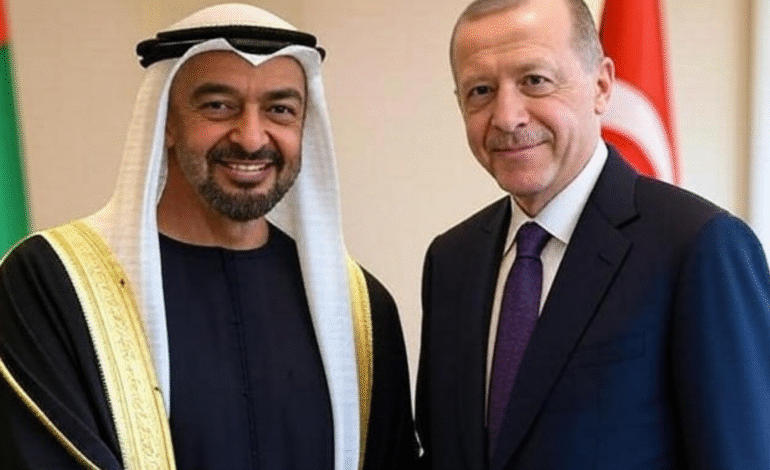
In a demonstration of mutual trust and strategic alignment, UAE President His Highness Sheikh Mohamed Bin Zayed Al Nahyan and Turkish President Recep Tayyip Erdoğan engaged in a vital phone conversation to discuss key areas of cooperation and regional developments. This high-level dialogue underscores the growing momentum in UAE-Turkey relations, especially in light of evolving regional challenges and opportunities. As both nations expand their diplomatic and economic engagements, the call signifies a shared vision for development, prosperity, and peace across the Middle East.
The two leaders touched on multiple aspects of bilateral relations, emphasizing the importance of a strong partnership that promotes sustainable growth and ensures long-term benefits for both peoples. Central to the discussion were themes of political coordination, trade expansion, peacebuilding, and the shared responsibility of promoting stability in a fragile regional landscape.
Reinforcing Bilateral Relations for Mutual Growth and Prosperity
The phone call reaffirms the deep-rooted ties between the United Arab Emirates and Turkey. Both countries, over recent years, have made significant efforts to rebuild and transform their partnership into a model of regional cooperation. By focusing on economic development, trade expansion, investment, and energy collaboration, the two nations are leveraging their resources for mutual advantage.
The comprehensive economic partnership agreement signed in 2023 laid the foundation for intensified engagement. Trade between the UAE and Turkey crossed USD 19 billion in 2024, and projections indicate even higher growth in 2025. Key sectors such as renewable energy, infrastructure, defense technology, tourism, and logistics continue to define this evolving partnership.
This latest discussion between the two presidents suggests a deliberate strategy to sustain momentum and deepen interdependence. As both nations face the ripple effects of global inflation, supply chain disruptions, and shifting energy policies, unity and economic synergy become more critical than ever.
Addressing Regional Developments with Diplomatic Clarity
One of the central themes of the call was the commitment to jointly assess and respond to current developments in the Middle East. The region is witnessing a wave of diplomatic reshuffling and emerging tensions, ranging from the Gaza conflict to shifting alliances across the Gulf, the Red Sea, and Eastern Mediterranean.
In this context, the UAE and Turkey recognize their unique role as stabilizing actors. Both countries have engaged in quiet diplomacy across regional fault lines, contributing to de-escalation dialogues in Libya, Sudan, Syria, and Palestine. The conversation underscored their shared interest in supporting all international efforts aimed at peaceful conflict resolution and post-conflict reconstruction.
From refugee crises to security realignments, both leaders acknowledged the need for a new regional framework built on trust, dialogue, and cooperation. Turkey’s historical and strategic position, paired with the UAE’s diplomatic reach and investment capacity, positions both nations as critical players in reshaping the region’s geopolitical architecture.
Emphasis on Diplomacy and Dialogue Over Confrontation
Both Sheikh Mohamed and President Erdoğan echoed the belief that diplomacy remains the cornerstone of any sustainable regional order. In an era where military confrontation often overshadows negotiation, their call championed the path of dialogue, mutual respect, and political engagement.
They emphasized the importance of avoiding escalation, managing differences through diplomatic channels, and resolving disputes based on international law and the principles of sovereignty and non-interference. The leaders reaffirmed that only through inclusive dialogue can true peace and development be realized.
This approach aligns closely with the UAE’s foreign policy principles of tolerance, multilateralism, and peaceful coexistence. It also mirrors Turkey’s recent pivot towards constructive engagement across the Arab world and beyond.
Shared Vision for Regional Stability and Peacebuilding
The UAE and Turkey are increasingly seen as champions of pragmatic diplomacy. This is evident from their proactive involvement in regional mediation, humanitarian assistance, and peacebuilding initiatives. Their cooperation has extended to supporting ceasefire negotiations, sending aid convoys to conflict zones, and hosting dialogues among rival factions.
In their call, the presidents reiterated their intention to play a constructive role in promoting long-term peace and rebuilding trust among nations. As international confidence in conflict resolution mechanisms fluctuates, regional actors like the UAE and Turkey are filling the void with action-oriented diplomacy.
For instance, both countries are heavily involved in supporting reconstruction efforts in Gaza and are aligned on the need to prevent further humanitarian collapse. Their call signified a deeper commitment to collaborative intervention, designed not just to stop violence, but to foster long-term solutions.
Strategic Coordination in Crisis Response and Conflict Prevention
With mounting crises across the region, the importance of proactive coordination cannot be overstated. Whether responding to natural disasters, internal conflicts, or food security emergencies, the UAE and Turkey share a growing capacity for crisis management.
This coordination was evident during the 2023 Turkey-Syria earthquake, where UAE-led humanitarian missions worked alongside Turkish agencies to deliver critical relief. Joint military drills, intelligence sharing, and security coordination have also increased since the normalization of relations.
In their call, the leaders reaffirmed their readiness to work in tandem during future emergencies, emphasizing agile communication, strategic planning, and the pooling of resources for maximum impact.
Economic Diplomacy as a Driver of Political Engagement
Economic ties remain the bedrock of UAE-Turkey relations. With a combined population of over 130 million and strong access to key trade corridors, both nations are leveraging geography and capital to transform regional commerce. Ports, free zones, and smart cities are among the projects being jointly explored.
The presidents touched on enhancing energy cooperation, particularly in green technologies and renewable transition. The UAE’s Net Zero 2050 strategy and Turkey’s energy diversification roadmap offer overlapping ambitions that could foster deeper technical partnerships.
They also discussed boosting investment flows through sovereign wealth funds, co-financing infrastructure projects in Africa and Central Asia, and establishing joint innovation hubs focused on AI, fintech, and climate resilience.
Geopolitical Significance in a Multipolar Middle East
The evolving multipolarity of the Middle East places nations like the UAE and Turkey at the heart of global recalibration. As the U.S. recalibrates its role, and China, Russia, and Europe expand their presence, regional actors are asserting strategic autonomy.
The call between Sheikh Mohamed and Erdoğan demonstrated an understanding that navigating this complexity requires agility, foresight, and shared intelligence. From maritime security in the Gulf to cyber diplomacy and digital governance, both nations are exploring multidimensional partnerships.
Such alignment enables them to influence global institutions and position the region not just as a conflict zone but as a driver of innovation, culture, and cooperation.
People-to-People Ties and Cultural Diplomacy
Beyond state-level coordination, the UAE and Turkey are building bridges through education, tourism, and cultural exchange. Student exchange programs, language initiatives, and academic collaborations are rising. Turkish TV series have strong viewership in the UAE, while Emirati investments in tourism and retail are growing in Turkey.
In 2024, joint cultural festivals and heritage exhibitions highlighted the shared history between the Arab and Anatolian civilizations. During their phone conversation, both leaders emphasized the importance of promoting cross-cultural understanding to strengthen social ties and create a lasting foundation for political harmony.
UAE’s Leadership in Regional Cooperation Recognized
The phone call also reaffirmed the UAE’s role as a hub of regional dialogue and cooperation. Under the leadership of Sheikh Mohamed Bin Zayed, the country continues to prioritize diplomacy, sustainability, and innovation. The UAE’s mediation in regional disputes, commitment to climate action, and successful hosting of global forums such as COP28 have solidified its place on the global stage.
Turkey, acknowledging this leadership, views the UAE as a strategic partner in shaping the future of the Middle East. Their joint efforts reflect a maturing relationship that values results over rhetoric.
A New Chapter in UAE-Turkey Relations
This phone call may appear brief in form but carries significant weight in its content and symbolism. It reflects not only a maturing diplomatic bond but also a shared commitment to long-term regional transformation. Both the UAE and Turkey understand the importance of strategic autonomy, but also the necessity of partnership.
As conflicts continue to evolve and new opportunities emerge, their cooperation could set the tone for how the Middle East navigates its next chapter not with confrontation but with collaboration, not through isolation but through inclusive dialogue.
Whether in peacebuilding, trade, energy, or crisis response, the UAE and Turkey are crafting a roadmap that reflects the ambitions of two rising global influencers grounded in shared values and pragmatic diplomacy.

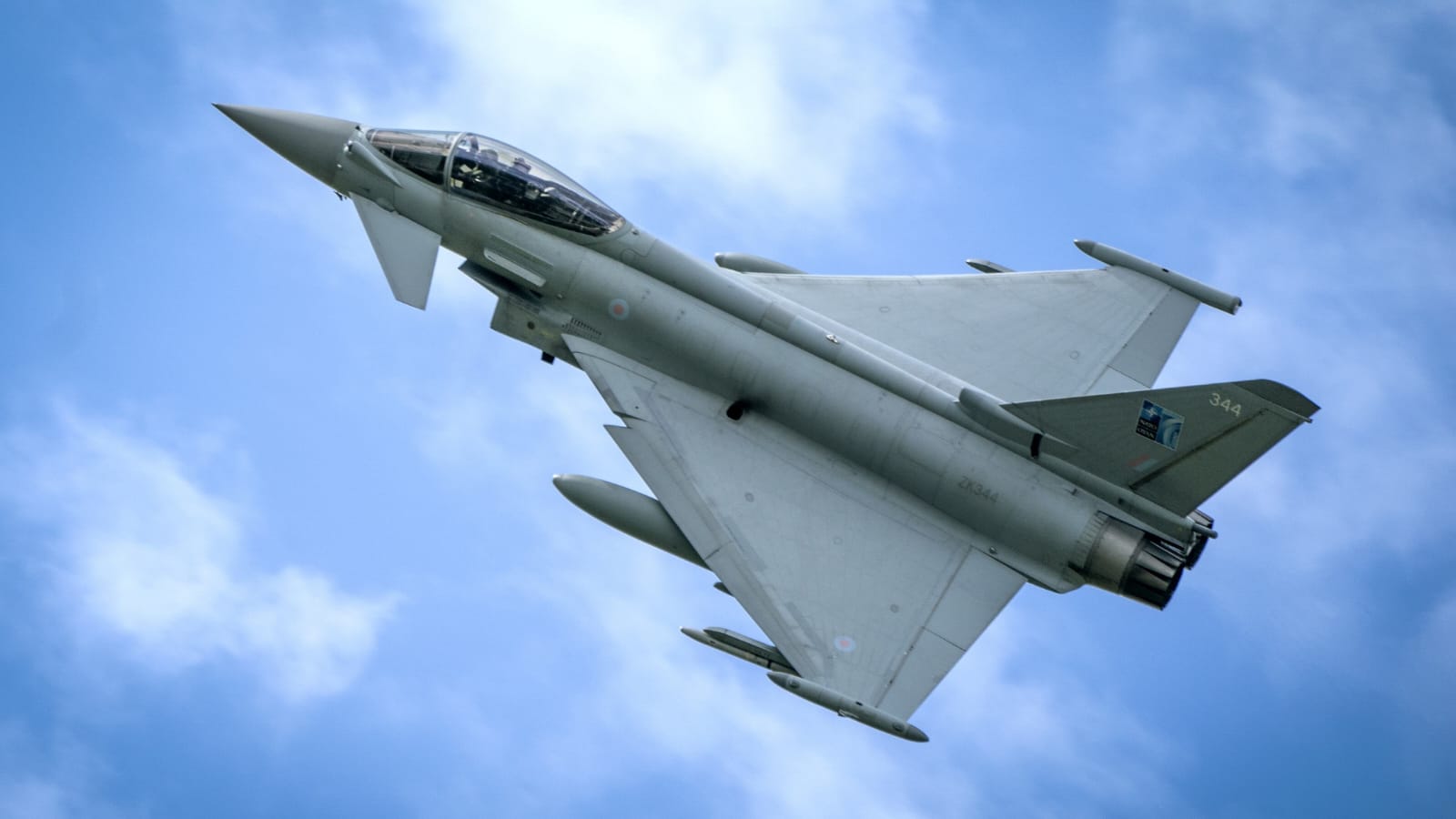
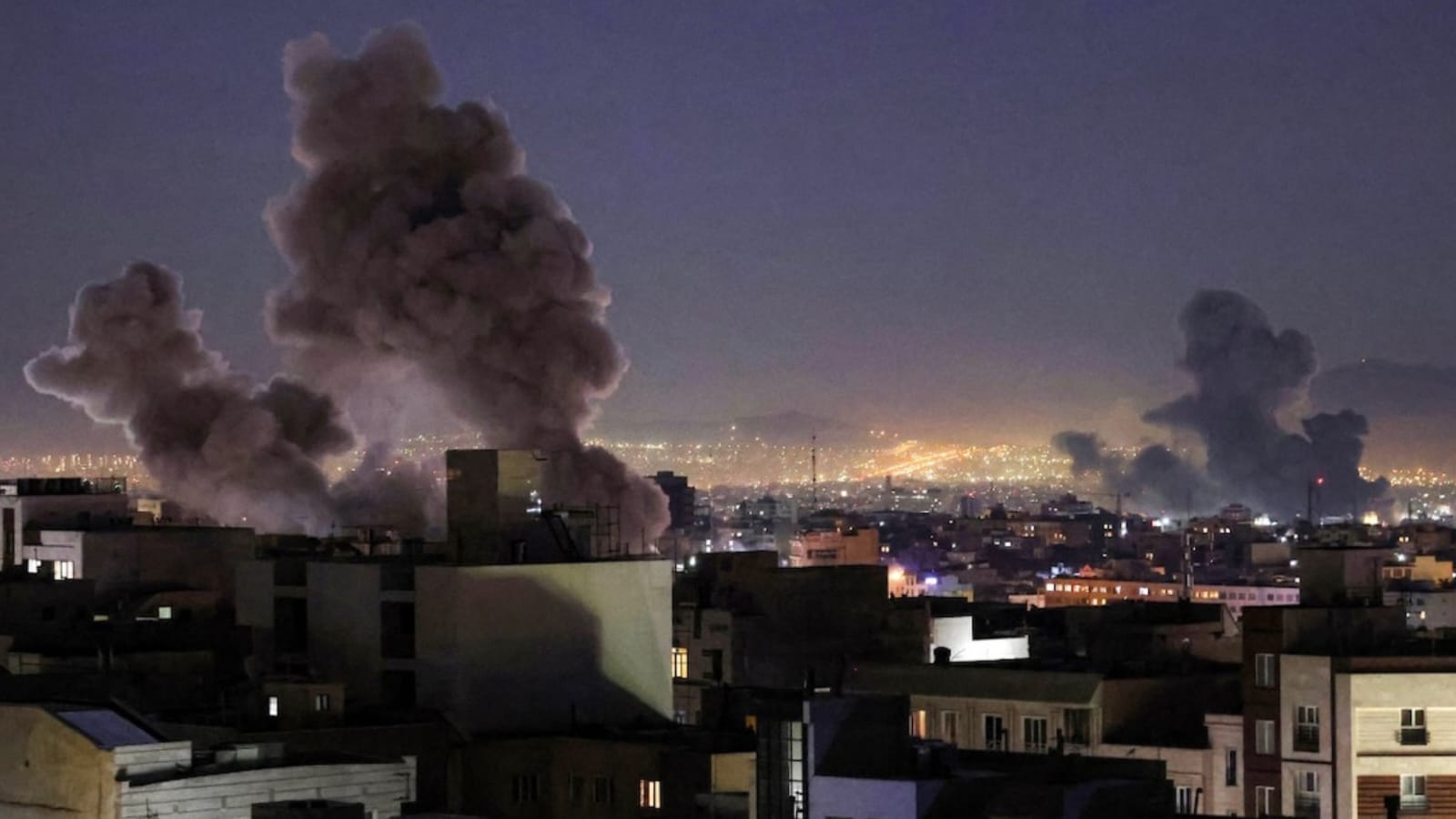
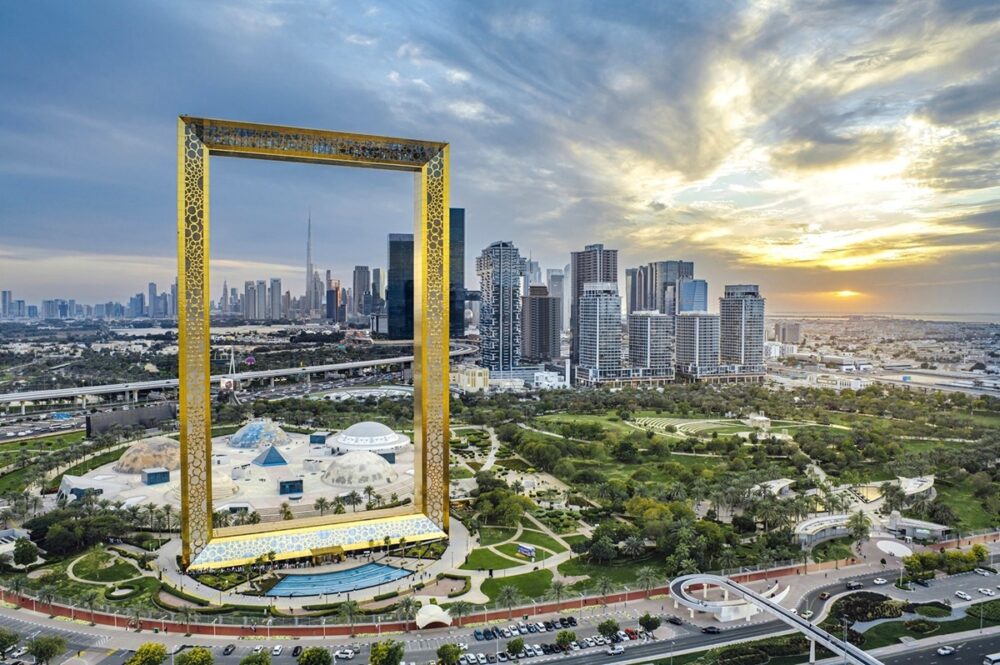
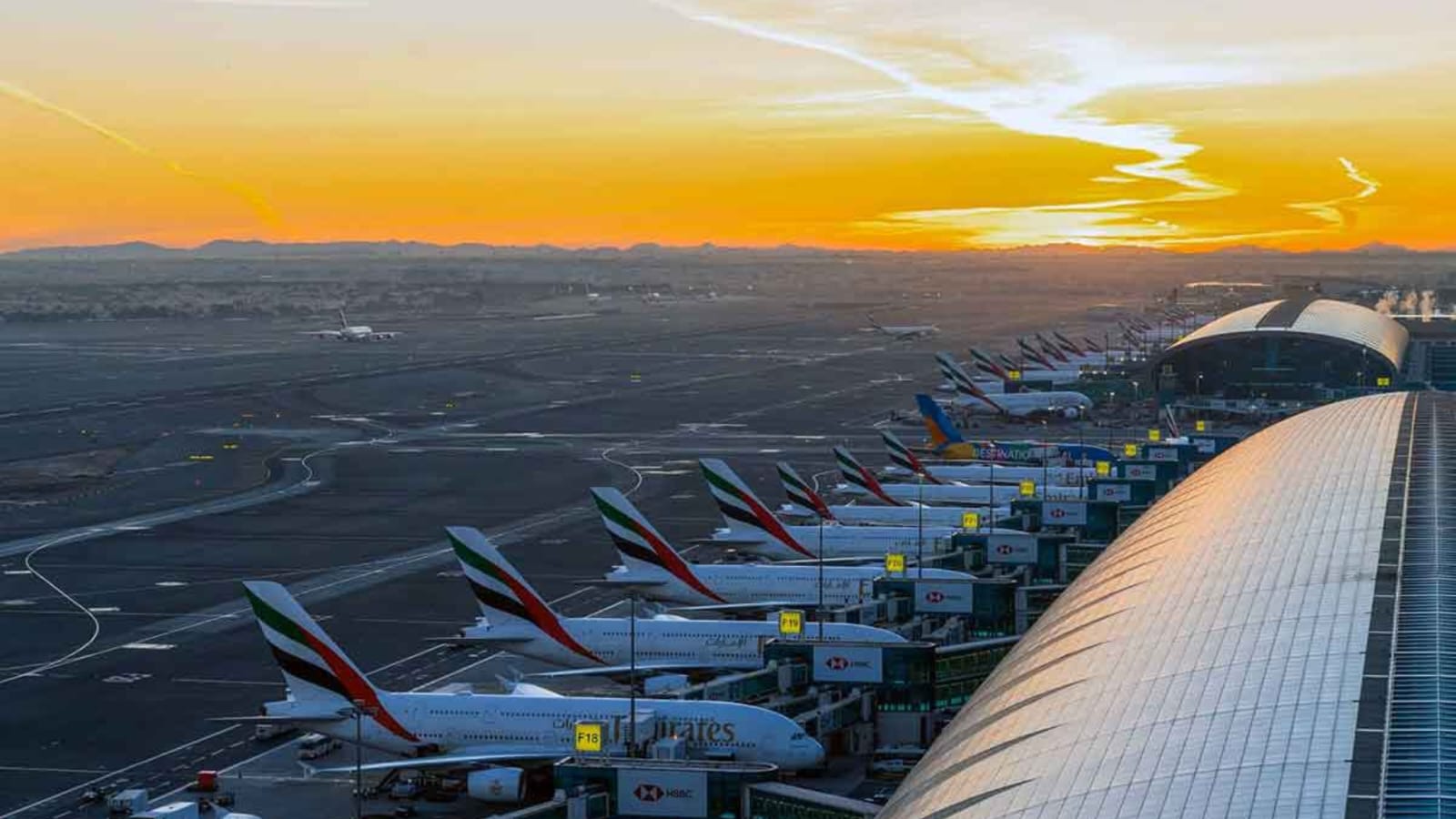

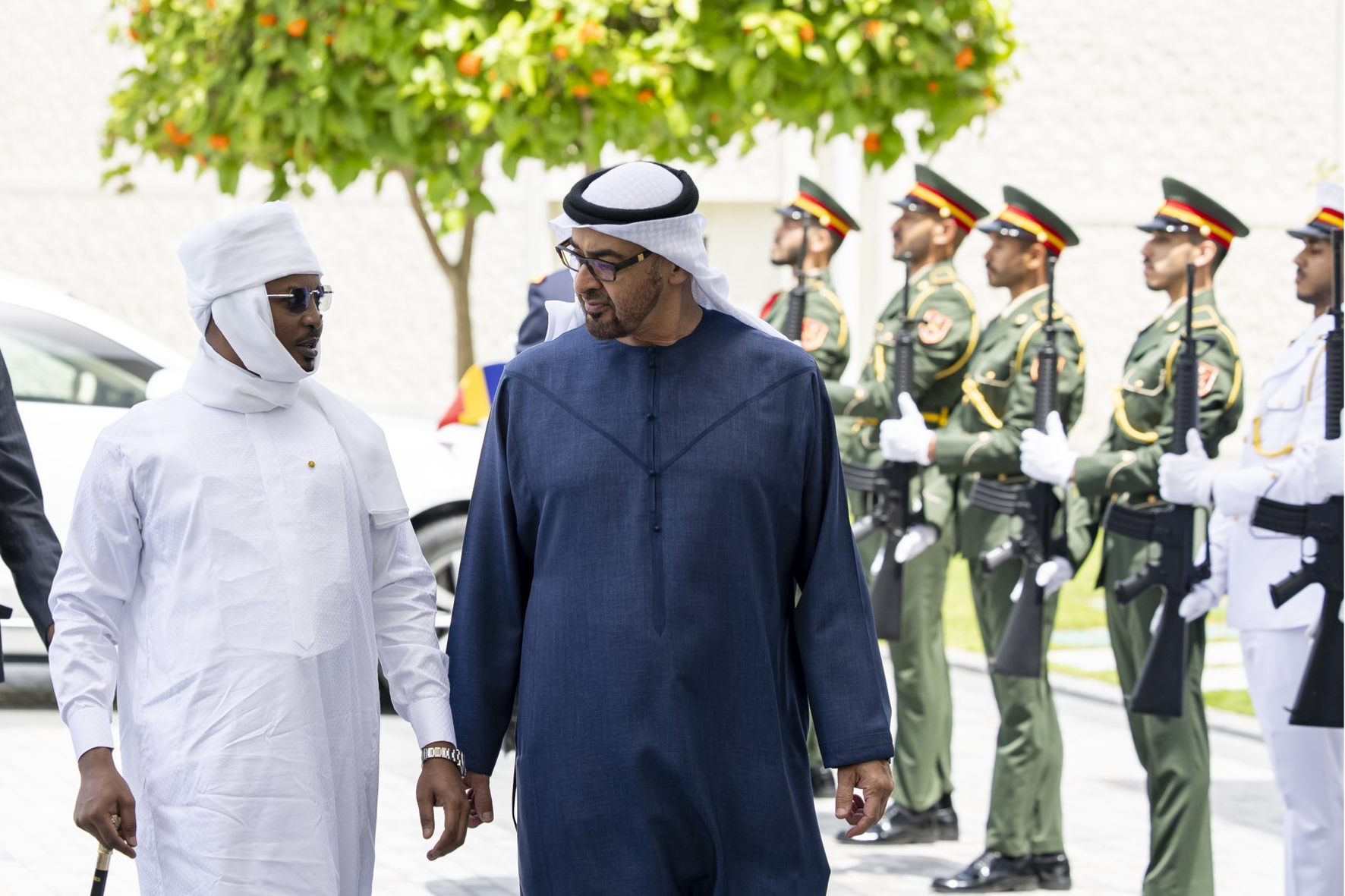

2 Comments
[…] Nvidia CEO Jensen Huang is making headlines with plans to visit Beijing ahead of launching a new AI chip designed specifically for the Chinese market. We’ve been closely watching this development as it represents a significant move in the ongoing tech relationship between the US and China. […]
[…] complex and overlapping crises, with Gaza at the centre of global humanitarian concern. Both the UAE and Turkey have positioned themselves as key diplomatic actors advocating for peace, dialogue, and […]
Comments are closed.